How the King has the final say in appointing the prime minister
Charles could be set for the third prime minister of his reign
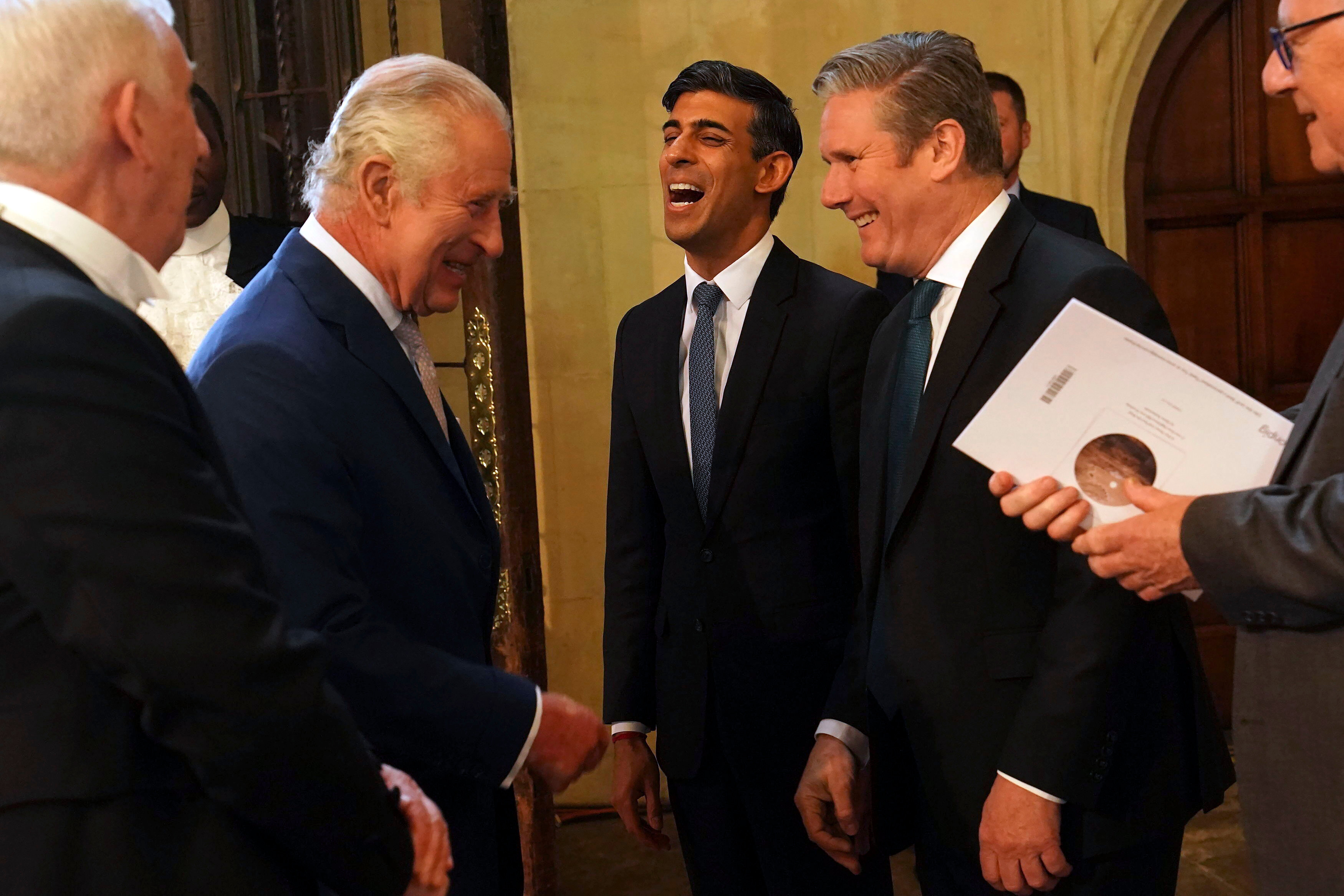
Your support helps us to tell the story
From reproductive rights to climate change to Big Tech, The Independent is on the ground when the story is developing. Whether it's investigating the financials of Elon Musk's pro-Trump PAC or producing our latest documentary, 'The A Word', which shines a light on the American women fighting for reproductive rights, we know how important it is to parse out the facts from the messaging.
At such a critical moment in US history, we need reporters on the ground. Your donation allows us to keep sending journalists to speak to both sides of the story.
The Independent is trusted by Americans across the entire political spectrum. And unlike many other quality news outlets, we choose not to lock Americans out of our reporting and analysis with paywalls. We believe quality journalism should be available to everyone, paid for by those who can afford it.
Your support makes all the difference.The King’s duty as head of state is to appoint a prime minister after the election results come in.
The role is one of the few remaining personal prerogatives of the sovereign – Charles does not act on advice nor need to consult anyone before doing so.
But the overriding requirement is to appoint someone who can command the confidence of the House of Commons – usually the leader of the party with an overall majority of seats in the Commons – to form a government.
The King will be guided by constitutional conventions and, if he chooses, can seek advice from any outgoing prime minister, other political leaders, senior privy counsellors, or whomever he pleases within the limits of prudence and caution.
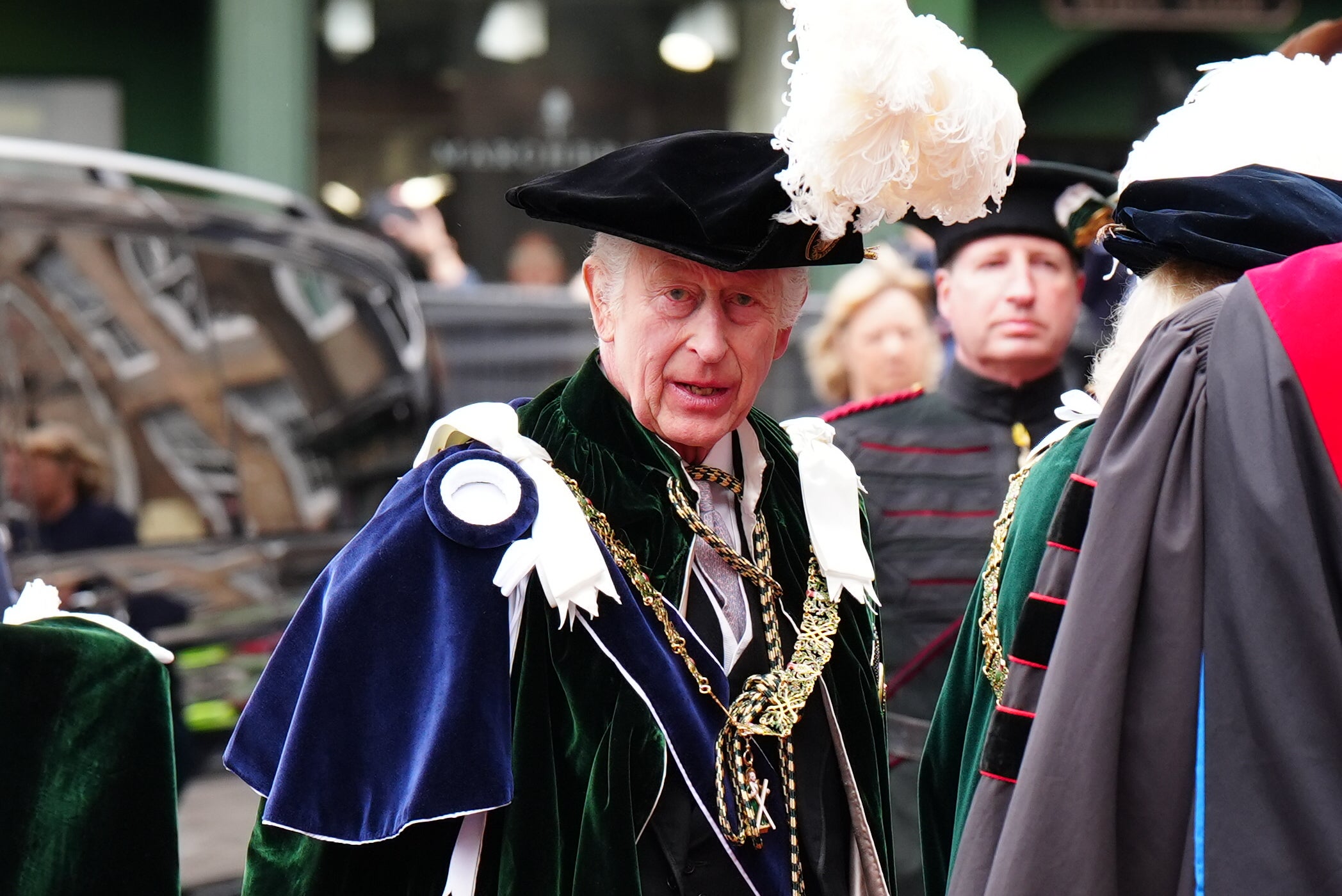
Charles could be set for the third prime minister of his reign, if Sir Keir Starmer leads the Labour Party to victory.
His first was Liz Truss – but her stint in charge was the shortest in British history – and the King welcomed Rishi Sunak as his second PM just six weeks after acceding to the throne.
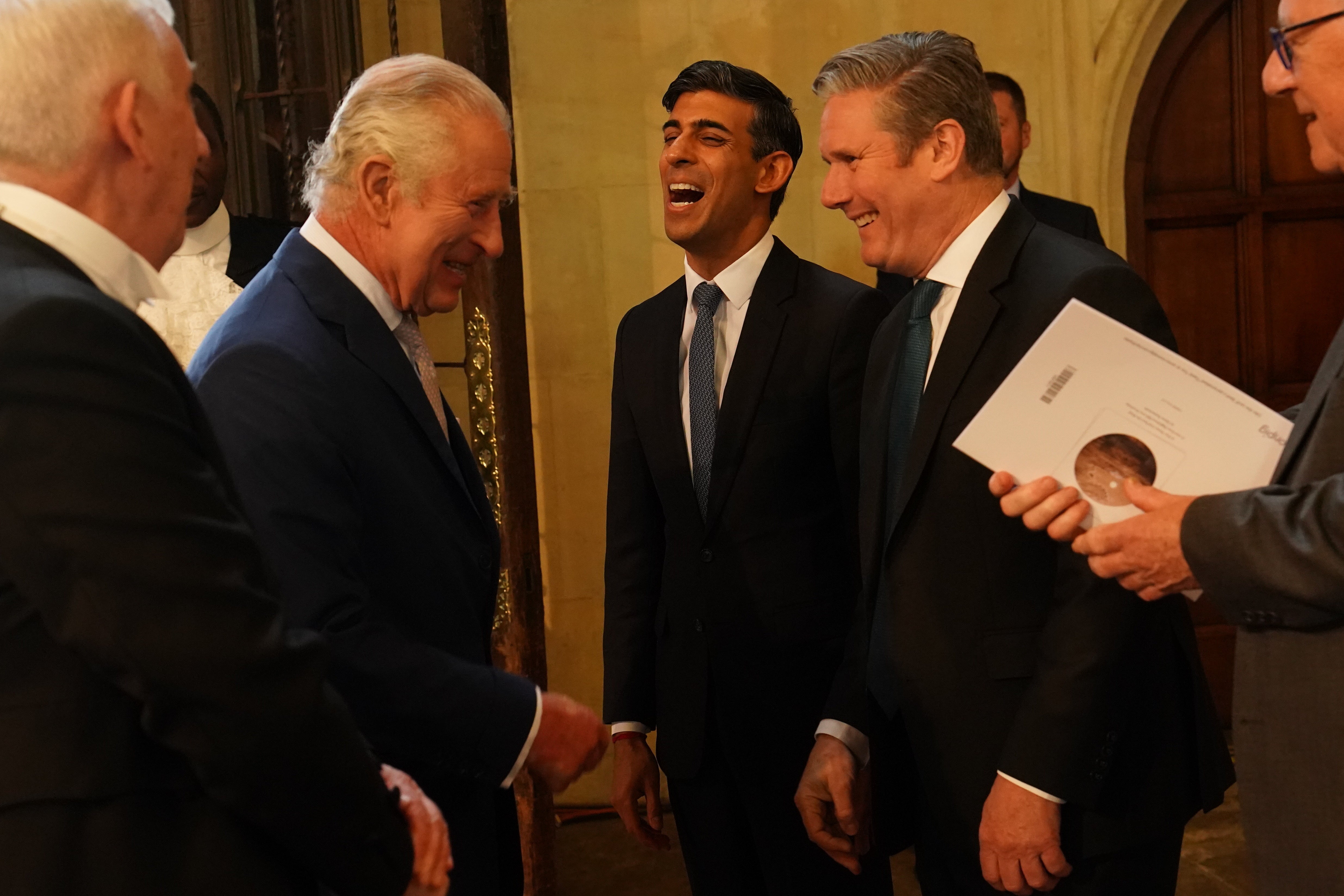
Following a busy run of engagements in Edinburgh for Holyrood Week, the King is travelling from Scotland to Windsor Castle, ready to be on stand-by.
It will be the first time he has appointed a prime minister following a General Election, and the major constitutional duty comes as he continues apace despite his treatment for cancer.
Depending on the election outcome, Charles is set to hold a private audience with the leader of the winning party at Buckingham Palace in London on Friday, the day after the country goes to the polls.
They will be invited by the King to form a government and become prime minister.
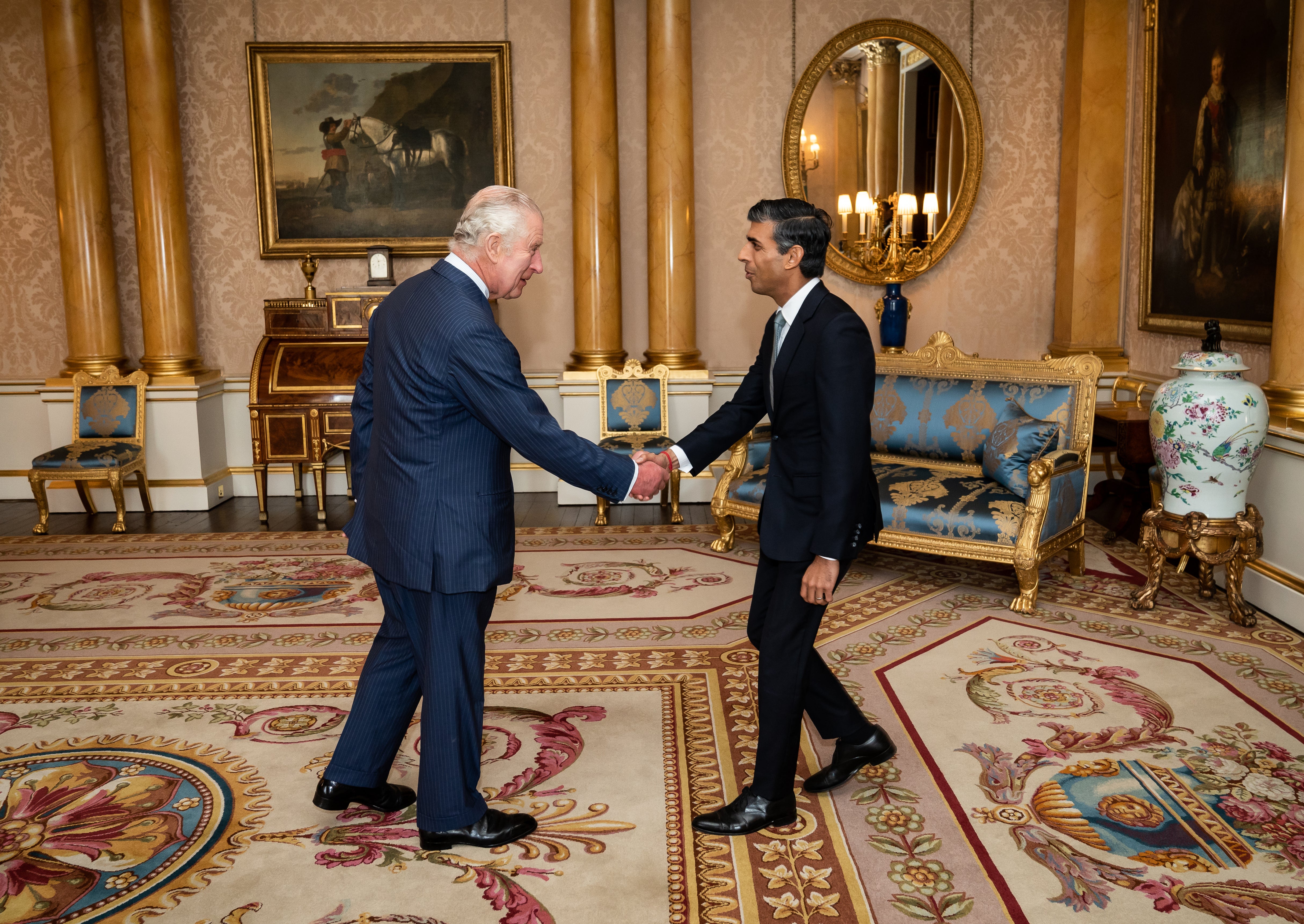
The most usual response is acceptance.
The Court Circular, the official record of royal engagements which is published the next day, will record that the politician was requested to form “a new administration” and “kissed hands on appointment” as “Prime Minister and First Lord of the Treasury”.
The kissing of hands is usually just a handshake, with the actual kissing of hands taking place later at a Privy Council meeting.
Any outgoing prime minister will travel to the Palace shortly beforehand to formally tender their resignation in an audience with the King.
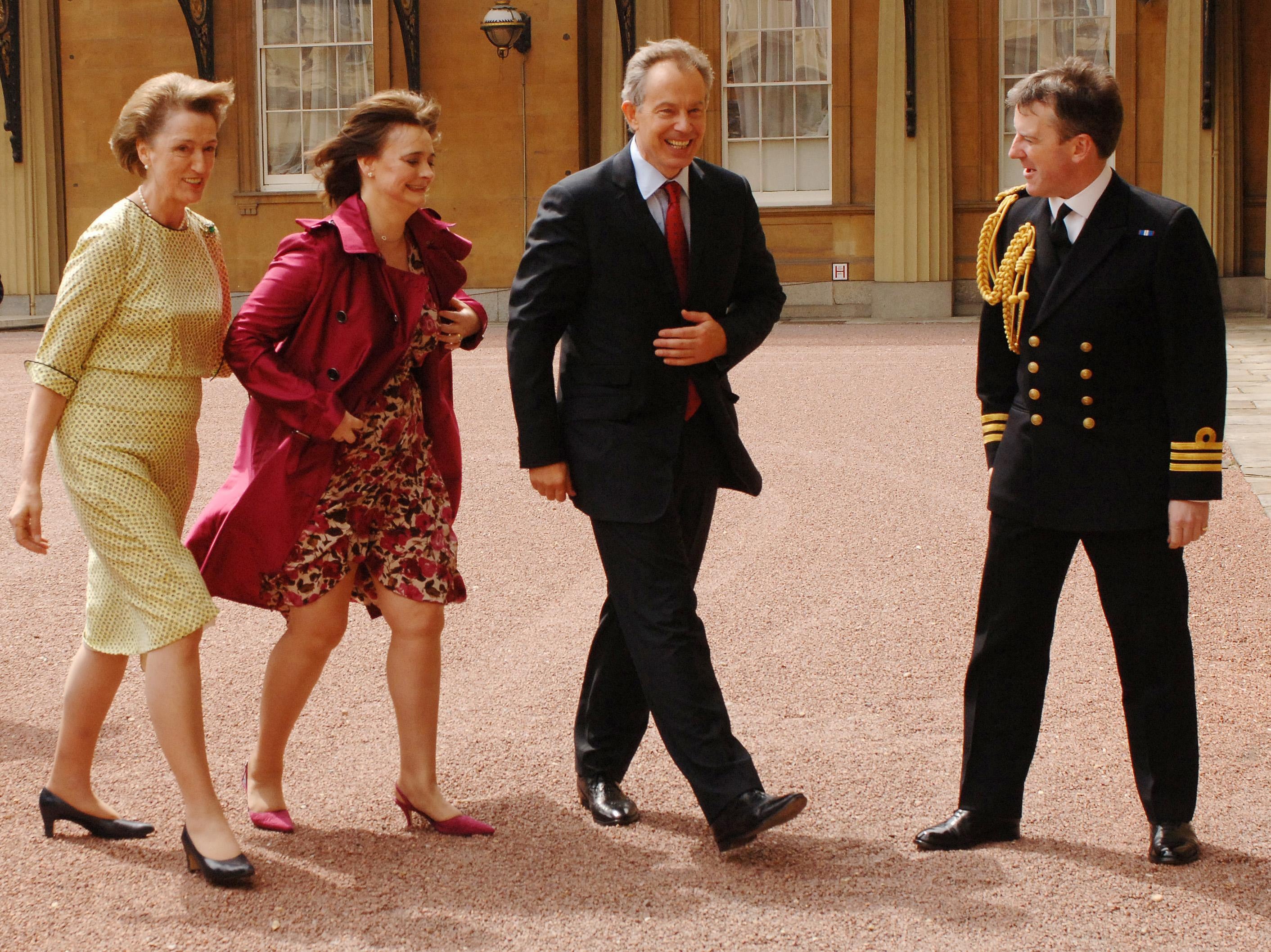
The politicians are usually accompanied by their spouses or partners, sometimes also taking along their children to witness the historic moment.
In two weeks’ time, the King will be required to carry out the State Opening of Parliament on July 17 – which is also the Queen’s 77th birthday.
He will deliver the King’s Speech, setting out the new Government’s agenda for the coming session, outlining proposed policies and legislation.
The monarch traditionally wears the Imperial State Crown and Robe of State and travels in a carriage procession from Buckingham Palace to the House of Lords for the major ceremonial event, with Camilla at his side.
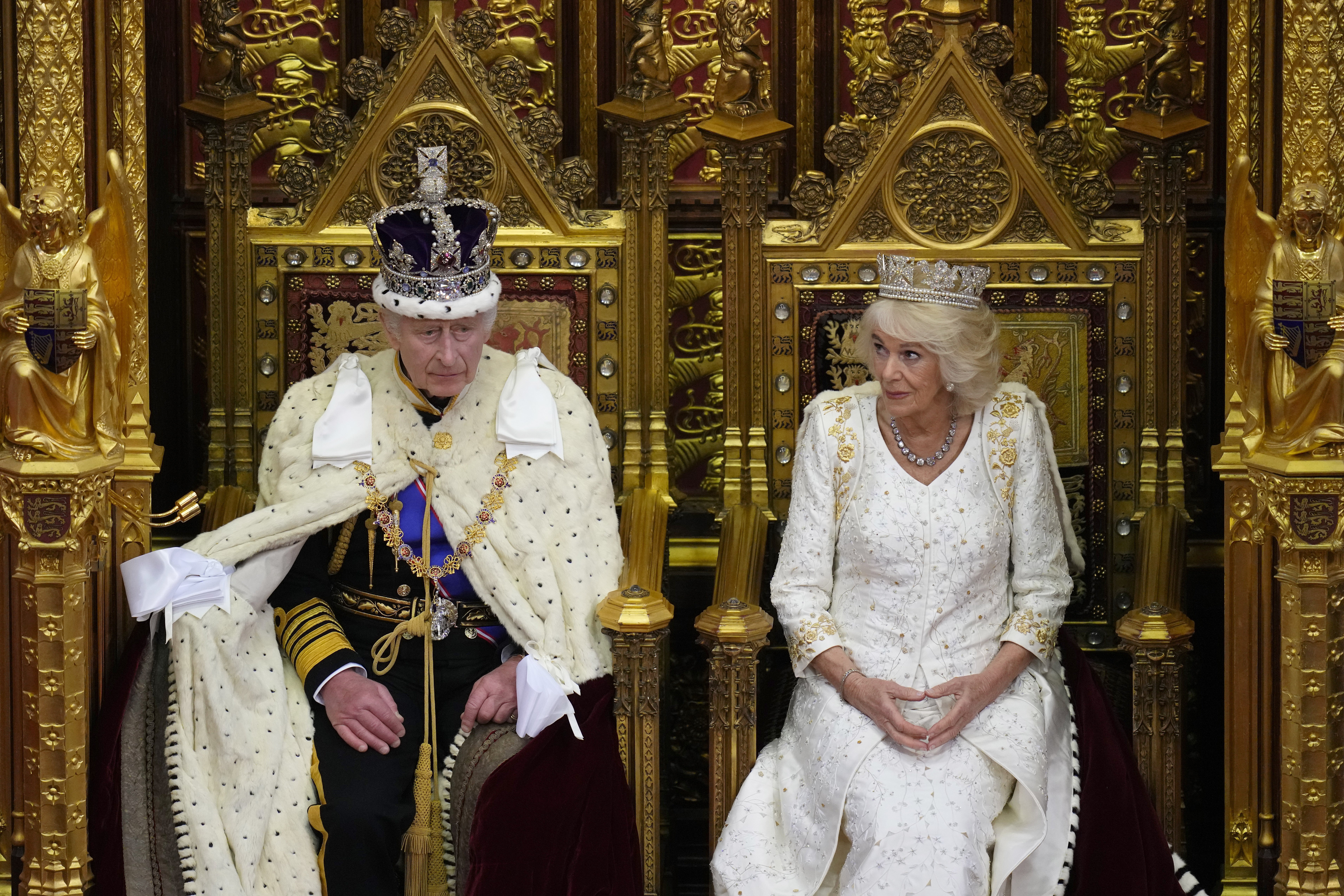
The State Opening will be the second of the King’s reign, although he previously stood in for his mother, the late Queen, in 2022 after she was advised by her doctors not to attend.
The King is a constitutional monarch who must remain politically neutral.
He will not be casting his own vote at the ballot box.
Although UK law does not ban royalty from voting, it is considered unconstitutional, so the sovereign does not vote.
Similarly, working members of the royal family also traditionally refrain from voting or standing for election.
The royal family postponed engagements “which may appear to divert attention or distract from the election campaign” after Mr Sunak called a surprise summer election.
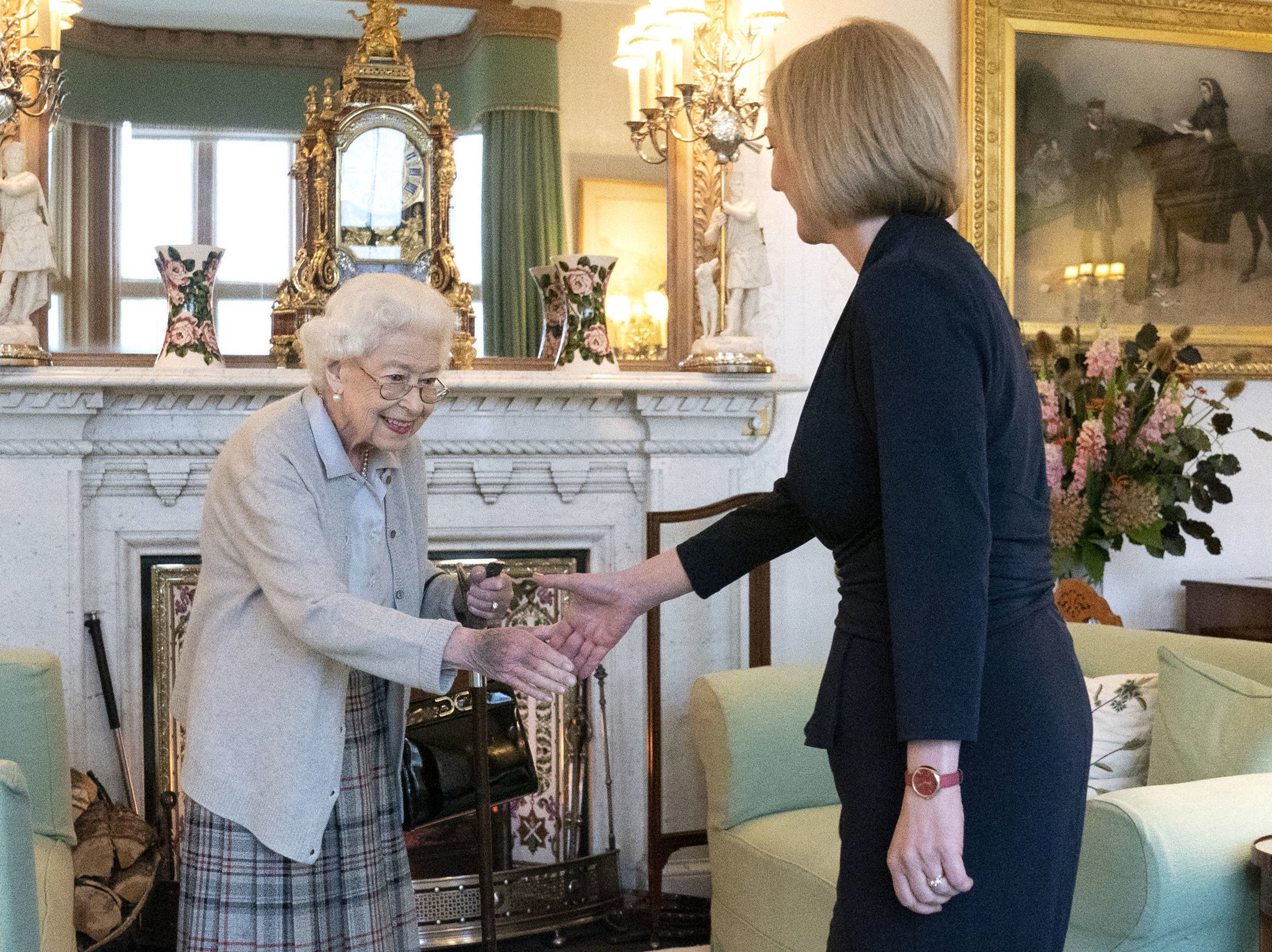
One of Queen Elizabeth II’s last duties, two days before she died, was to appoint Ms Truss as prime minister at Balmoral.
It was the first time the Queen, who had mobility issues, had carried out the key duty at her Scottish retreat rather than at Buckingham Palace.
Fifteen prime ministers spanned the late Queen’s 70-year reign.
Winston Churchill – with whom she had a close friendship – was her first, and Ms Truss her last.